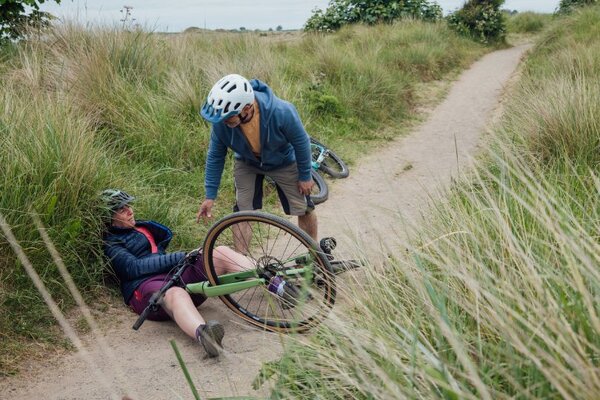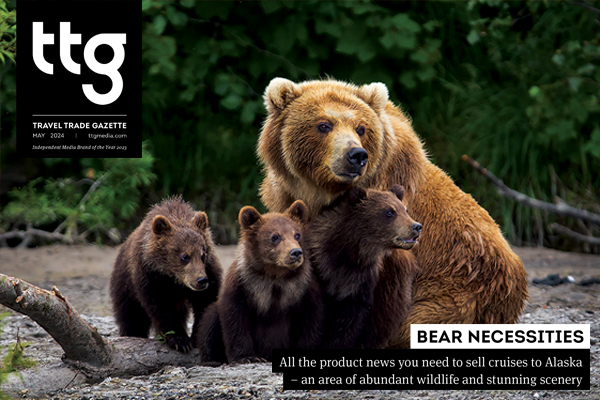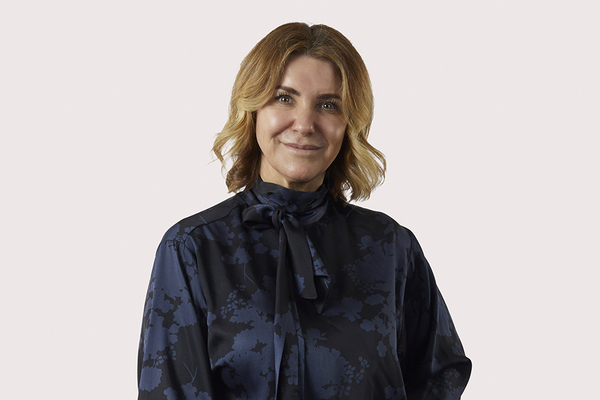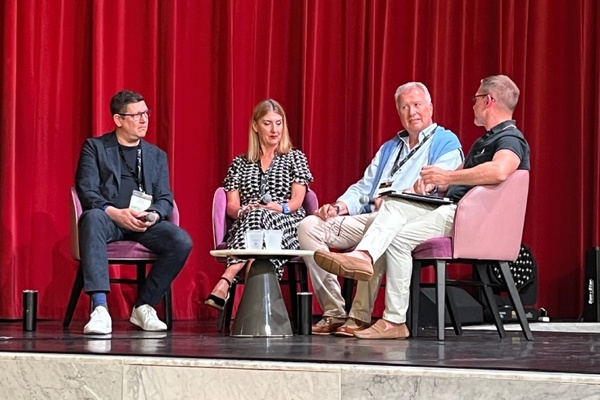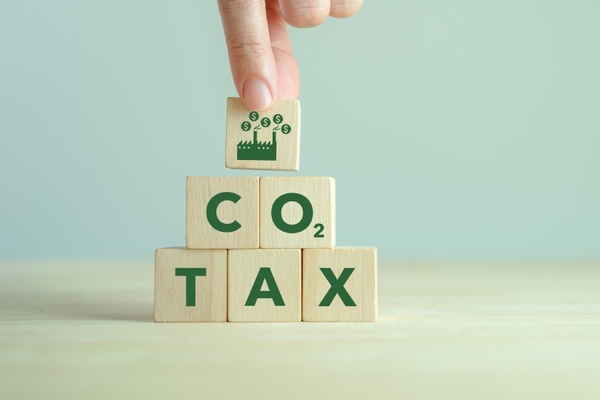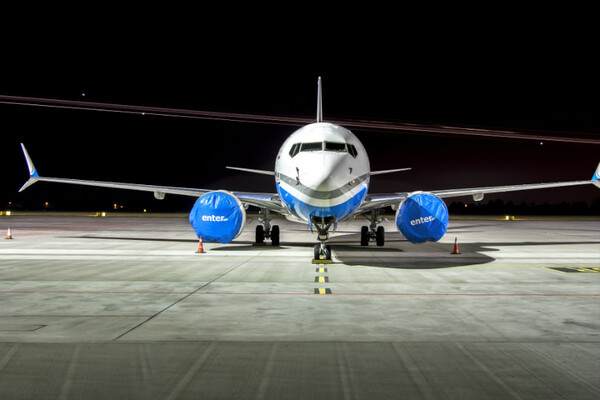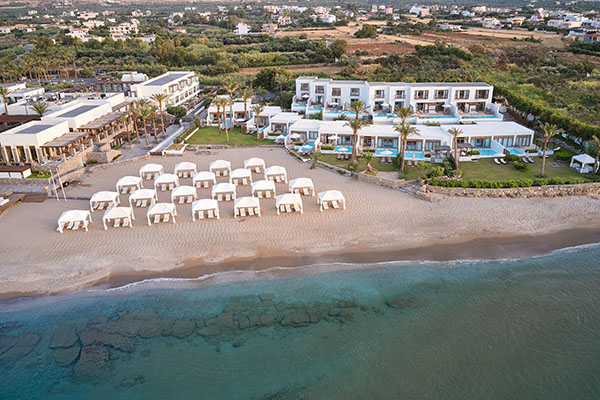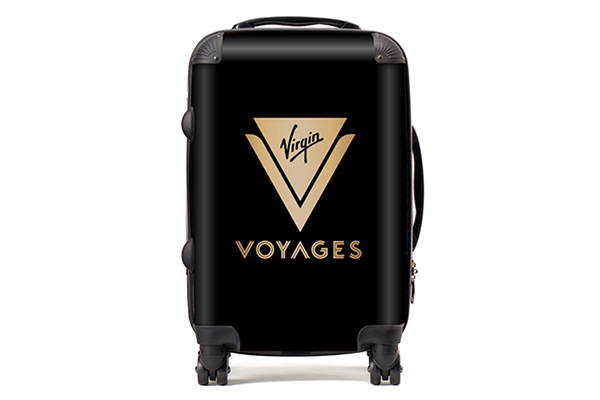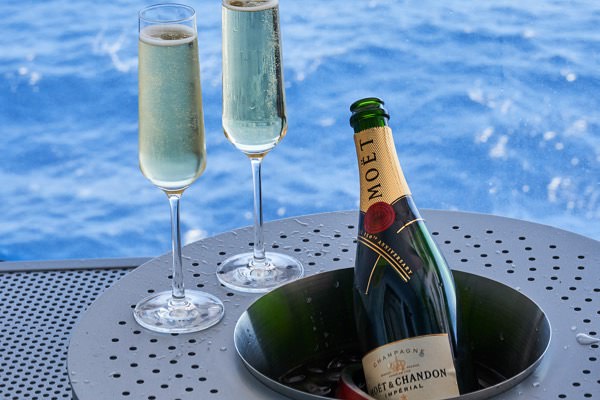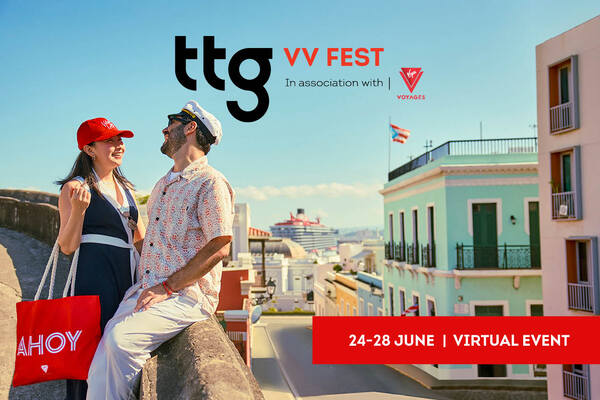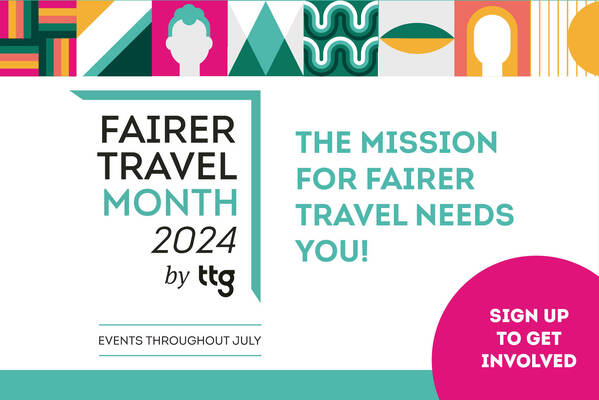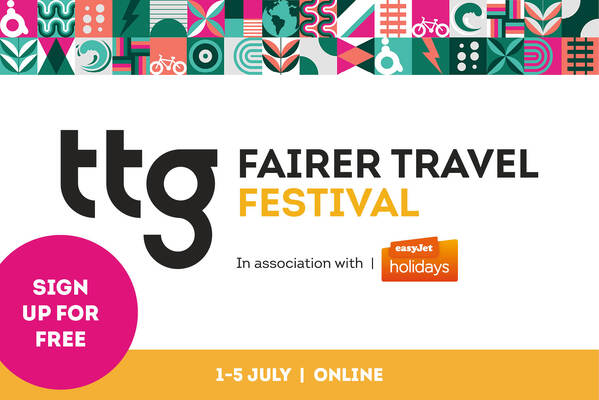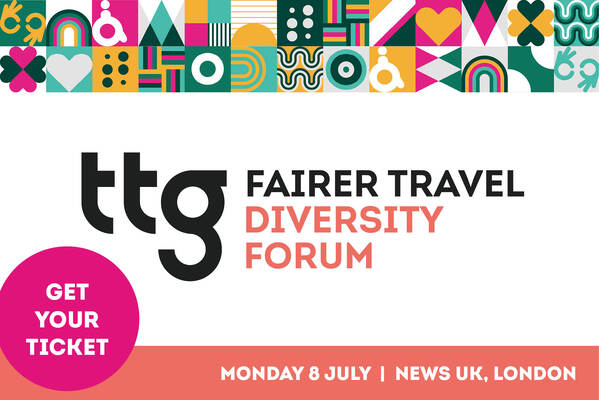'How agents can recognise the signs of "Holiday Head" in their clients'
 Katherine Atkinson
Katherine AtkinsonEver since the inception of the Safer Tourism Foundation, I have asked myself the same question – why do so many of us behave differently on holiday?
What I call the “Holiday Head” manifests itself in many ways, and it can be a very good thing. It means we’re willing to try new foods and activities we wouldn’t try at home. It makes us open to new experiences, cultures and people.
But the Holiday Head does have a darker side. While it lets you throw caution to the wind when presented with an unfamiliar dish for dinner, it also makes you perceive and assess risk differently.
We tend to underestimate the risks associated with things we want to do, and we worry more about things we don’t feel good about.
Part of the Holiday Head is a tendency towards what psychologists call optimism bias: the belief “it’ll never happen to me”. So what happens when you put these factors together?
According to the travel incident data we collect each year, many travellers suffer accidents – sometimes serious ones – because they try to do something that stretches their physical capabilities.
Perhaps they have a heart condition but want to do a walking holiday like they used to do, or they fancy a snorkelling trip but ignore the fact they haven’t done any real swimming since before Covid. Or they are on holiday with younger family members and simply don’t want to miss out on the fun.
’Gentle prodding’
How do we end up on a holiday that isn’t right for us? Part of it is down to the Holiday Head. Underestimating the risks associated with something we want to do, combined with a belief that accidents happen to other people and not us, means we may not be honest with ourselves or our travel agent when booking a holiday.
It’s not deliberate – there are powerful unconscious psychological processes at work. There’s also a social desirability bias that affects how much we share with others about our own capabilities and limitations.
So it’s going to need some careful questions and gentle prodding from agents to get past this and figure out the best holiday for us, one that isn’t going to increase the risk of causing us harm.
We’ve started to talk to the travel industry about how to apply behavioural science to help make travel safer. Our Safer Tourism Pledge partners got together last year for a whistle-stop tour of risk psychology, behaviour change models and risk communications.
It’s good to know, for example, that people are more persuaded by a “one in 10” risk statistic than they are by “10%”, and to consider that their behaviour is influenced not only by their own world view but also by social norms in-destination.
’Desirability bias’
All this has helped us begin to understand what’s going on inside the Holiday Head, and it’s highlighted how we can use this insight to maximise the upsides of the way we all tend to think, while reducing risky behaviours when people travel.
Behavioural science techniques can be applied from the very first point of contact with a potential client, understanding how their optimism and social desirability biases play out in their holiday choices.
Armed with this insight, agents and travel providers have a better chance of matching travellers’ needs and wants with the right holiday for them. And no one feels they’ve compromised.
Kathy Atkinson is chief executive of the Safer Tourism Foundation.


